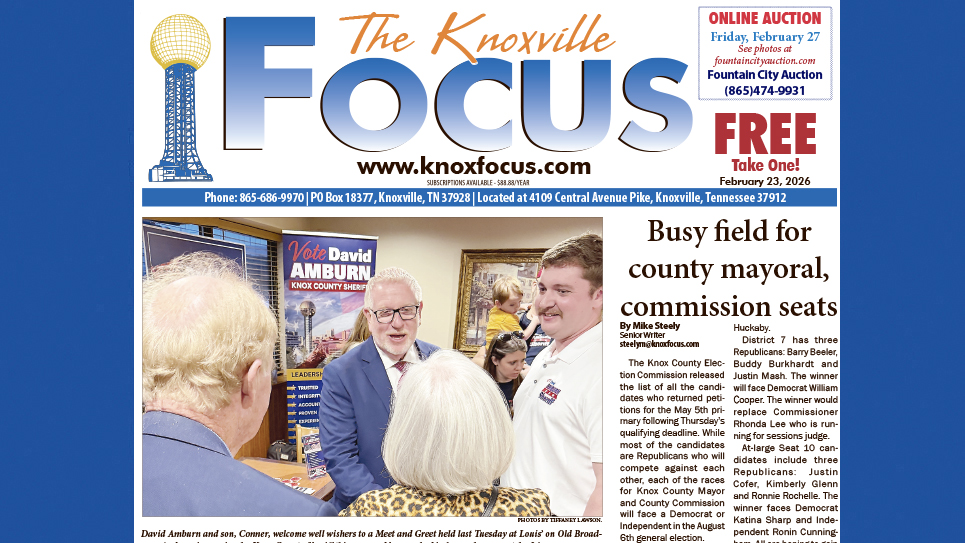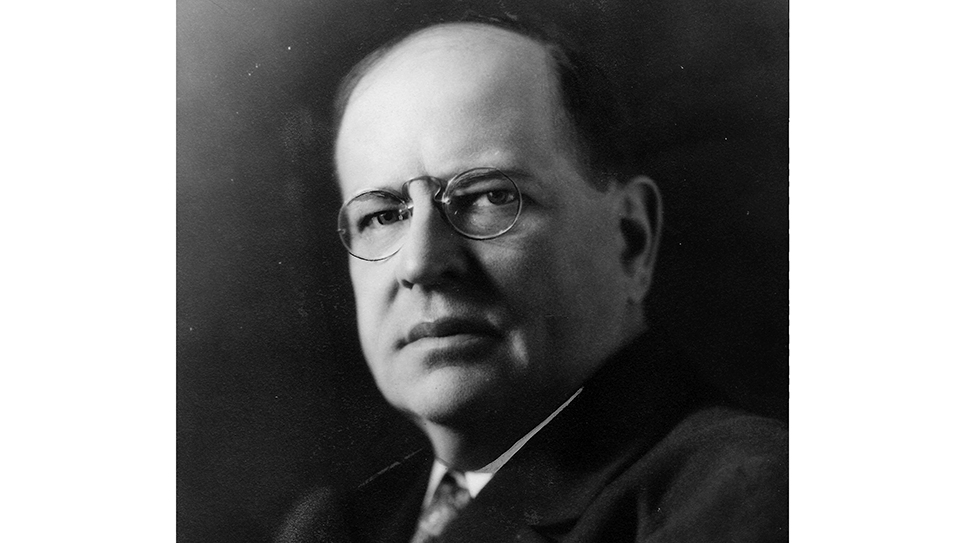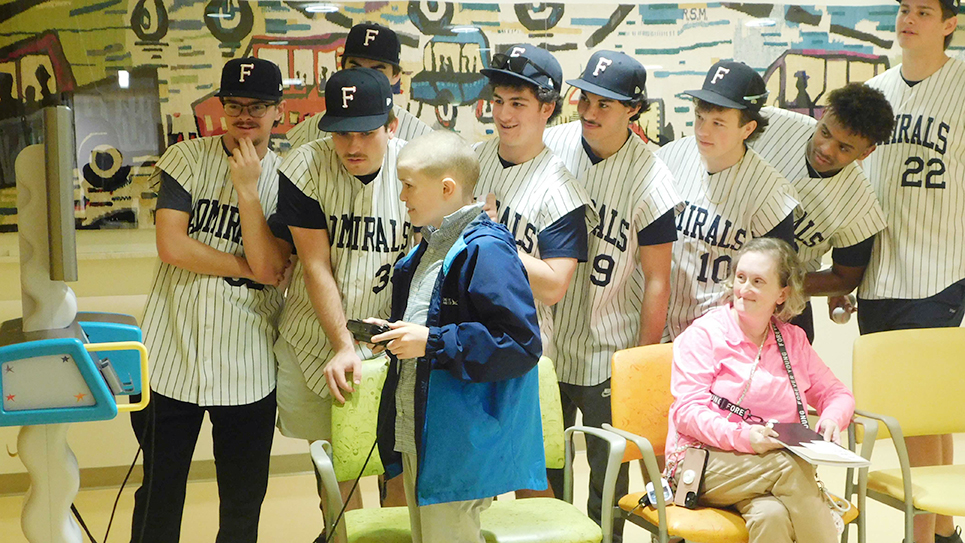It’s painful for me to mention these three in the same breath or sentence, but this is our world today. Though I am a Methodist and a protestant, I was glad the Pope come to America. For a while the Vicar of Christ distracted us from a fallen world. However, though I mean no disrespect, there was far too much sordid politics in the Pontiff’s visit. Nonetheless, any creed or anyone who espouses Godliness gets my vote of approval. The root of the current problems in America and the world is a disregard for the sacred.
I have to admit that I don’t understand all the pomp and pageantry of the Catholic Church, but I don’t identify with the waving of hands in fundamentalist churches either. Christian fundamentalism and the term evangelical are frequently misused and apparently misunderstood by the media. In short, fundamentalism is a strict adherence to foundational principles such as a literal interpretation of the Bible. Evangelism is spreading the “good news.” Christ was evangelistic and urged his followers to spread the Gospel message. I am evangelical, but not a fundamentalist.
I do understand religious icons, rituals and traditions which help focus people on the true meaning of life, the transcendent and perspectives greater than politics. Though humans are tribal and sectarian at heart, I choose to focus upon what John the Gospeler said was foundational to Christianity: the belief in Jesus Christ.
Two thousand years ago Jesus selected Peter as leader of his band of followers because Peter understood Jesus as the Christ. This small movement in the backwaters of the Roman Empire grew rapidly despite horrible persecution. And by 340 AD, Christianity had become the official religion of the Roman Empire under the emperor Constantine. The great historian Will Durant said of this transformation, “Christ conquered Caesar;” it just took 300 years.
The Christian church had its challenges through the ages, as it does now in a new age of persecution. The word catholic means universal, and within Christendom the church was universal until 1054 AD when the Latin and Greek churches separated. However, the Latin Western Church in Rome had begun to lose its preeminence as the Emperor Constantine moved his government to a small city on the Bosporus Straits called Byzantium. There, Constantine built his city named Constantinople. Rome would fall to Germanic “barbarians” (a term which means anyone non-Roman) in the 400s. And Constantinople would fall to Islam in 1453 and be renamed Istanbul. Obviously, the Church then and now is subject to geopolitical intrigues.
Another great schism occurred in the Church in the 16th century when Martin Luther called for “reforms” within the Catholic Church. This culminated in what we now call the Reformation. It was in this crucible that the Protestant or “protesting” philosophy was born. Christendom is now represented by the Greek and Russian Orthodox Church, the Roman Catholic Church and the numerous divisions of the Protestant Church. We could harp upon the differences, but I choose to focus on the fundamental principle of all Christendom: Jesus Christ is Lord.
POTUS is the acronym for President of the United States. My perspectives of our current president are well known. I won’t reiterate, except to ask you, how are things working out for you with Obama’s “fundamental transformation” of America and the results in the world?
Which brings us to the last player on this week’s stage of “Ps.” Apparently, our leaders don’t understand Vladimir Putin. He is a communist, ex-KGB and ruthless. He will not be dissuaded by lofty rhetoric, appeals to reason or civility. The Golden Rule is irrelevant in Putin’s world view. The great scholastic theologian and philosopher, Thomas Aquinas, established a hierarchy of laws in the 13th century. These remain fundamental in the Catholic Church and elsewhere today. Aquinas held that all of Creation is under God’s “Universal” law. The next tier are God’s Divine Laws, examples are the Ten Commandments. The next level is Natural Law or nature’s law. My dog, Jack, acts like a dog because it’s his nature to do so. Lastly, in Aquinas’ hierarchy is positive law, also known as man’s laws. An example is a speed limit on the highway. Putin recognizes none of these laws of God or civilization. He understands only power and the will to use power for his own gain. POTUS lacks the will to confront evil or even name it.
I’m sorry if this essay is too much history for some of you. However, how can you know what to do or where to go if you don’t know where you are or how you got there? One of my patients has moderate dementia of Alzheimer’s disease. She can tell you about events which happened long ago, but can’t tell you what she had for breakfast. She no longer drives because she gets lost. As her disease progressed everywhere she went looked new and strange to her. A basic problem with Alzheimer’s disease is forming new memories.
Imagine waking up in the middle of Times Square and not being able to recognize that iconic place or how you got there. It would be terrifying. Increasingly, things around my patient are unsettling and provoke panic. Eventually, she’ll be oblivious to the world around her and even now the Pope, POTUS and Putin are meaningless concepts in her world.
Sometimes things need to be said over and over. I’ve quoted the philosopher George Santayana before. He once said, “Those who cannot remember the past are condemned to repeat it.” I believe he’s correct. History should teach us, but it doesn’t. We are making the same mistakes and resigning ourselves to the shelves of history.






